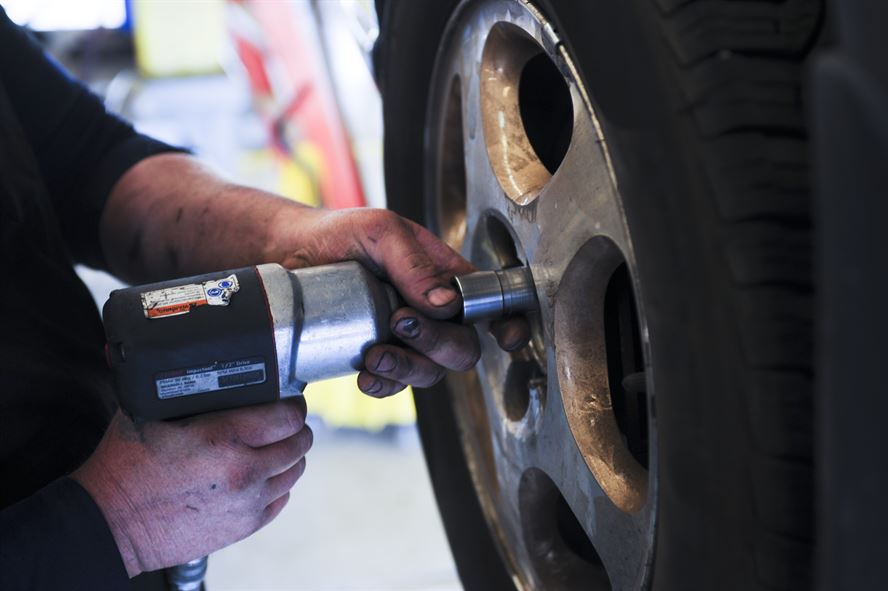A car breaking down in the middle of the road or an accidental lockout that forces you to use some improvised, ad-hoc lock picking solutions will usually cost you some serious money on repairs, similar to fixing a home lock without hiring a car locksmith to come to your rescue. Needless to say, you won’t be able to deduct any of these expenses provided they have served a personal purpose. In other words, if you were driving your car to a vacation destination, for example, or you were running some personal errands.
However, in case you were using your vehicle for business-related purposes, such as driving to a business appointment or carrying products to a client, you will normally have some of your car repair expenses are tax-deductible.
If you wish to learn more about the topic, read on. We are going to tell you which methods to use so you can figure out which repair services you will be given permission to deduct from your taxes. You will also learn which car improvements could make the status of a tax deduction.
What Accounts For Tax Deductions?.jpg)
For starters, you should know that the standard mileage rate which in 2019 was $0.58/mile is not actually deductible as a distinct item on your list of deductible expenses. This is simply because part of this fee has already been accounted for under your car repair expenses.
Secondly, the actual car expenses will need to be carefully divided between personal vehicle uses and business uses. Figure out exactly how many miles you have driven for both personal and business purposes and make sure to accurately have the expenses reported on Form 2016 if you are employed or on Schedule C if you are self-employed.
Which Car Repairs Are Considered Tax-Deducible?
By relying on the previously mentioned “actual expense” method, you will get to effectively write off a series of repair costs such as car improvements, repairs and even the costs which are your business-related driving needs. You will need to simply add these costs to your yearly expenses. This method will also only enable you to deduct the business percentage of the repair and improvement work that you have completed on your vehicle. Assuming you normally drive your vehicle half the time for business-related reasons, you will be allowed to deduct half of the repair or improvement costs. Assuming you have decided to hire a professional car locksmith to repair a broken door lock or cylinder on the ignition switch, you will get half of the final costs of the repair job. On the other hand, you will not be able to deduct the rest of the expenses, as they will be considered as personal expenses that cannot be tax-deducted.
 If you are a handy car repairman yourself and you have completed the repairs yourself, you will be allowed to deduct the costs of the replacement parts you have used in the process. However, you will not be able to deduct the costs of labor. Plus, fixing a broken car lock on your own might not be the best idea, especially if you have no experience doing it you could risk seriously jeopardizing the security and integrity of your vehicle and be forced to pay even greater repair costs later on.
If you are a handy car repairman yourself and you have completed the repairs yourself, you will be allowed to deduct the costs of the replacement parts you have used in the process. However, you will not be able to deduct the costs of labor. Plus, fixing a broken car lock on your own might not be the best idea, especially if you have no experience doing it you could risk seriously jeopardizing the security and integrity of your vehicle and be forced to pay even greater repair costs later on.
On the other hand, if you decide to use the “standard mileage rate” method of determining your tax-deductible car repair expenses, you will receive zero deductions for your repairs. This is because these expenses have already been taken into consideration in the respective standard rate.
Car repairs that are considered deductible:
- car repair jobs that do not, in any way, improve the performance of the vehicle
- repairs that do not bring a level of improvement to the car
- small car fix-ups such as broken tail light repairs
- a repair that can maintain your vehicle operating normally
- oil changes, air filter replacement, new windshield wiper installation
- other routine vehicle maintenance jobs
Which Car Improvements Are Tax-Deductible?
As opposed to car repairs, vehicle improvements done on cars that are used for business purposes cannot be deducted in the form of business expenses. What you can do, however, is amortize these respective costs over the past five years or more, at times. If you are not sure how to figure which car jobs are considered repairs and which are improvements, here are a few useful guidelines:
Car expenses that are considered as being used for improvements:
- an expense that can adapt the car to a different uses
- a car job that can actually beef up the value of the vehicle
- a repair that can considerably prolong the lifespan of the vehicle
- anything that can improve the quality, sturdiness or function in your vehicle
- a car job hat can cure a defect in the vehicle, be it a factory malfunction or a condition that was later on acquired
- the physical enlarging of the vehicle
- the replacement of a major car part
- completely fixing and rebuilding a car that has not been repaired in years
- rebuilding a car to a condition that is almost brand new after having been used for business driving purposes for many years




















